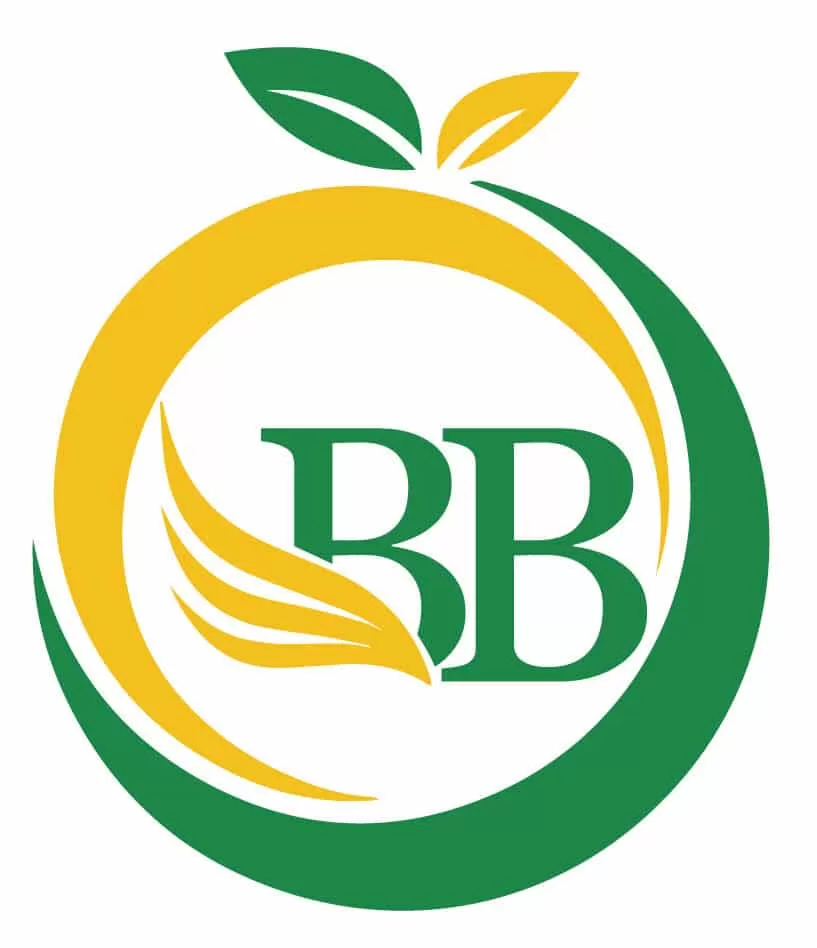Blood pressure is the pressure blood exerts on the walls of the arteries as it flows. Arteries transport blood from the heart to the rest of the body. Blood pressure normally rises and falls during the course of the day based on the different activities a person engages in. High blood pressure, also called hypertension, is a condition of constant blood pressure measures above the normal. Normal blood pressure level should be less than 120/80 mmHg (1).
Lifestyle changes like physical activity and diet are crucial in reducing blood pressure in hypertensive patients. Many fruits are naturally rich in minerals and vitamins that enhances heart health by reducing hypertension. Many clinical research studies have demonstrated the effectiveness certain juices have on lowering blood pressure when consumed regularly. The list below contains some of them (1).
Beet juice
Beets are rich in nitrates which when consumed are converted to nitric oxide, that has a vasodilating (widening) effect on the arteries. Thus, they relax the arteries allowing blood to flow through much easier reducing hypertension (3). A research study with hypertensive patients who drank a glass of red beet juice for 4 weeks reported a fall in blood pressure levels (4).
Banana juice
Bananas are an excellent source of potassium (358mg/100g). Potassium balances solutes in the body cells, thus decreases the effect of sodium. The more potassium you consume, the more your kidneys excrete water and sodium, which lowerh ypertension. Besides potassium also causes the blood vessel walls to relax, further easing blood flow and reducing hypertension (5, 6).
Kiwi juice
Kiwis are an excellent source of dietary vitamin C, which acts as a diuretic, causing the kidneys to excrete more sodium and water which results in lowering blood pressure levels (7). Vitamin C is also a strong antioxidant that neutralizes free radicals, preventing them from causing oxidative stress and damaging cells. Oxidative stress can damage the endothelium (the inner membrane that covers the blood vessel walls) whose cells release substances that control vasoconstriction (narrowing) and vasodilation (widening) of blood vessels. This damage increases vasoconstriction which increases hypertension (8).
Blueberry and strawberry juices
Blueberries and strawberries are rich in bioactive polyphenolic compounds like anthocyanins, which have been reported by many research studies to have a blood pressure reducing effect. Like vitamin C, anthocyanin is a potent antioxidant that fosters the relaxation of blood vessels, easing blood flow. Regular consumption has been associated to a reduce risk of hypertension by up to 8%. (9).
Orange/limes/lemon juice
Citrus fruits are naturally rich sources of vitamin C which helps to decrease blood pressure by vasodilation. They also contain hesperidin, a bioactive compound belonging to the flavonoid group, which is also a powerful antioxidant that also shows anti-inflammatory activities. Hesperidin also prevents oxidative damage to the walls of the blood vessels, favoring vasodilation and deceasing hypertension (10). The consumption of citrus juices has also been linked with a reduction in bad cholesterol, which is also a risk factor for hypertension (11).
Melon juice
Melons like cantaloupe, honeydew and watermelon and very rich sources of dietary potassium which is reputed for decreasing hypertension. The consumption of melon juice has been reported to reduce blood pressure measures in many research studies (12).
All the above juices can be consumed on their own or mixed together in many proportions according to the needs and preferences of the consumer. Beets juices could be made with some limes, lemon and/or orange to give that extra tangy taste. Melon juices could be made with some banana for an extra thickening effect, and/or strawberry and blueberries. Kiwis can also blend in very well in melon juices. Besides other green leafy vegetables like spinach, celery, parsley can add great taste and nutrients to your juice recipes. Juicing, is fun because you can always decide to mix a cocktail of fruits and vegetables and get a super punch, loaded with vitamins, minerals, and antioxidants, that foster health and helps lower your blood pressure.
REFERENCES
- CDC. (2021, May 18). High blood pressure symptoms and causes. Retrieved May 31, 2022, from Centers for Disease Control and Prevention website: https://www.cdc.gov/bloodpressure/about.htm
- Understanding blood pressure readings. (n.d.). Retrieved May 31, 2022, from www.heart.org website: https://www.heart.org/en/health-topics/high-blood-pressure/understanding-blood-pressure-readings
- A new way to “beet” high blood pressure? (2015b, February 14). Retrieved May 31, 2022, from Harvard Health website: https://www.health.harvard.edu/heart-health/a-new-way-to-beet-high-blood-pressure
- Kapil, V., Khambata, R. S., Robertson, A., Caulfield, M. J., & Ahluwalia, A. (2015). Dietary nitrate provides sustained blood pressure lowering in hypertensive patients: a randomized, phase 2, double-blind, placebo-controlled study: A randomized, phase 2, double-blind, placebo-controlled study. Hypertension, 65(2), 320–327. doi:10.1161/HYPERTENSIONAHA.114.04675
- FoodData central. (n.d.-b). Retrieved May 31, 2022, from Usda.gov website: https://fdc.nal.usda.gov/fdc-app.html#/food-details/173944/nutrients
- A primer on potassium. (n.d.). Retrieved May 31, 2022, from www.heart.org website: https://www.heart.org/en/healthy-living/healthy-eating/eat-smart/sodium/potassium
- Big doses of vitamin C may lower blood pressure – 04/18/2012. (n.d.). Retrieved May 30, 2022, from Hopkinsmedicine.org website: https://www.hopkinsmedicine.org/news/media/releases/big_doses_of_vitamin_c_may_lower_blood_pressure
- Grossman, E. (2008). Does increased oxidative stress cause hypertension? Diabetes Care, 31 Suppl 2(Supplement_2), S185-9. doi:10.2337/dc08-s246
- Cassidy, A., O’Reilly, É. J., Kay, C., Sampson, L., Franz, M., Forman, J. P., … Rimm, E. B. (2011). Habitual intake of flavonoid subclasses and incident hypertension in adults. The American Journal of Clinical Nutrition, 93(2), 338–347. doi:10.3945/ajcn.110.006783
- Valls, R. M., Pedret, A., Calderón-Pérez, L., Llauradó, E., Pla-Pagà, L., Companys, J., … Solà, R. (2021). Effects of hesperidin in orange juice on blood and pulse pressures in mildly hypertensive individuals: a randomized controlled trial (Citrus study). European Journal of Nutrition, 60(3), 1277–1288. doi:10.1007/s00394-020-02279-0
- Aptekmann, N. P., & Cesar, T. B. (2013). Long-term orange juice consumption is associated with low LDL-cholesterol and apolipoprotein B in normal and moderately hypercholesterolemic subjects. Lipids in Health and Disease, 12(1), 119. doi:10.1186/1476-511x-12-119
- Beat the heat with heart-healthy cantaloupe, honeydew, and watermelon. (n.d.). Retrieved May 31, 2022, from Utswmed.org website: https://utswmed.org/medblog/health-benefits-cantaloupe-watermelon/
